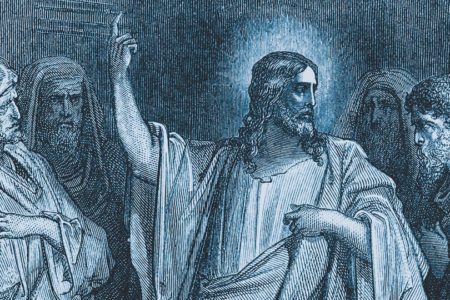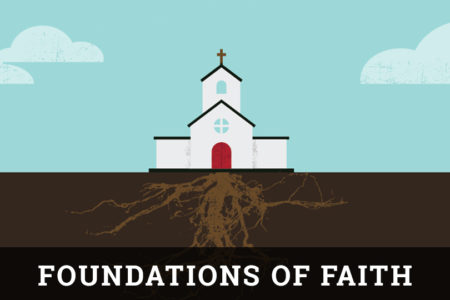The Great American Culture Clash
We should have known what was coming. The warning from the Apostle Paul was simple and direct. “This know, also,” he said, “that in the last days perilous times shall come. For men shall be lovers of their own selves…lovers of pleasures more than lovers of God” (2 Tim. 3:1–2, 4). Yes, we knew it was coming—but how soon, and how much in this generation?
A number of our teachers echoed the apostle and sounded the alarm. They were men like the late A. W. Tozer, who had an unsettling way of projecting the long-term consequences of short-term concessions to secular mores. Charles Colson once spoke of evangelicals in this generation being “co-opted by the culture.” Their observations looked toward a time when Judeo-Christian culture—nurtured and cherished in this republic as perhaps in no other—would come crashing down. We have lived to see it, and the crash has been a Hindenburg-like flash of impending moral catastrophe.
The clash of cultures in America has, of course, been going on for decades. We are now beginning to reap what has been sown by those dedicated to showing the door to God and anyone promoting historic Judeo-Christian values. A clear example of this surfaced in a concept promoted as situation ethics. By definition situation ethics is a system that evaluates acts in the light of their situational context rather than by the application of moral absolutes. In this scheme of things, every individual becomes a law unto him or herself. Morality, as found in the Word of God, is rejected out of hand, and truth becomes the first casualty. Thus, the culture is more attuned to the attitude of Pontius Pilate than to that of Jesus or Moses. You will remember that it was Pilate who asked Christ the question, “What is truth?” (Jn. 18:38). Pagan Rome did not know.
We now seem to have come full circle, moving from a culture with confidence that the knowledge of truth is attainable, to one in which the searchers are on a dead-end street—“Ever learning, and never able to come to the knowledge of the truth” (2 Tim. 3:7). In such circumstances, we hear echoes from the days of ancient Israel in the time of the judges, a time when “every man did that which was right in his own eyes” (Jud. 17:6; 21:25).
But there is a price to pay for this “every man” interpretation of truth and right living. While the demand for non-judgmental attitudes may become seasonally fashionable to the point that the “silent majority” is effectively silenced, it is actually a prescription for disaster. We would do well to learn from ancient Israel. The era of every man doing what seemed right to himself was not the dawn of a new age of enlightenment and tolerance. It was, in fact, one of the lowest plateaus reached in that nation’s history. Absolute individualism becomes absolute anarchy—anarchy insuring the disintegration of society.
Well, although it may be unsettling, we can see what the seeds sown today will produce when it comes time to reap. But we also observe something else, something that should be of great comfort to believers. Situation ethics and all of its bedfellow philosophies do not work. Holding steadfastly to the absolutes of the Word of God does. This being true, we are encouraged.







